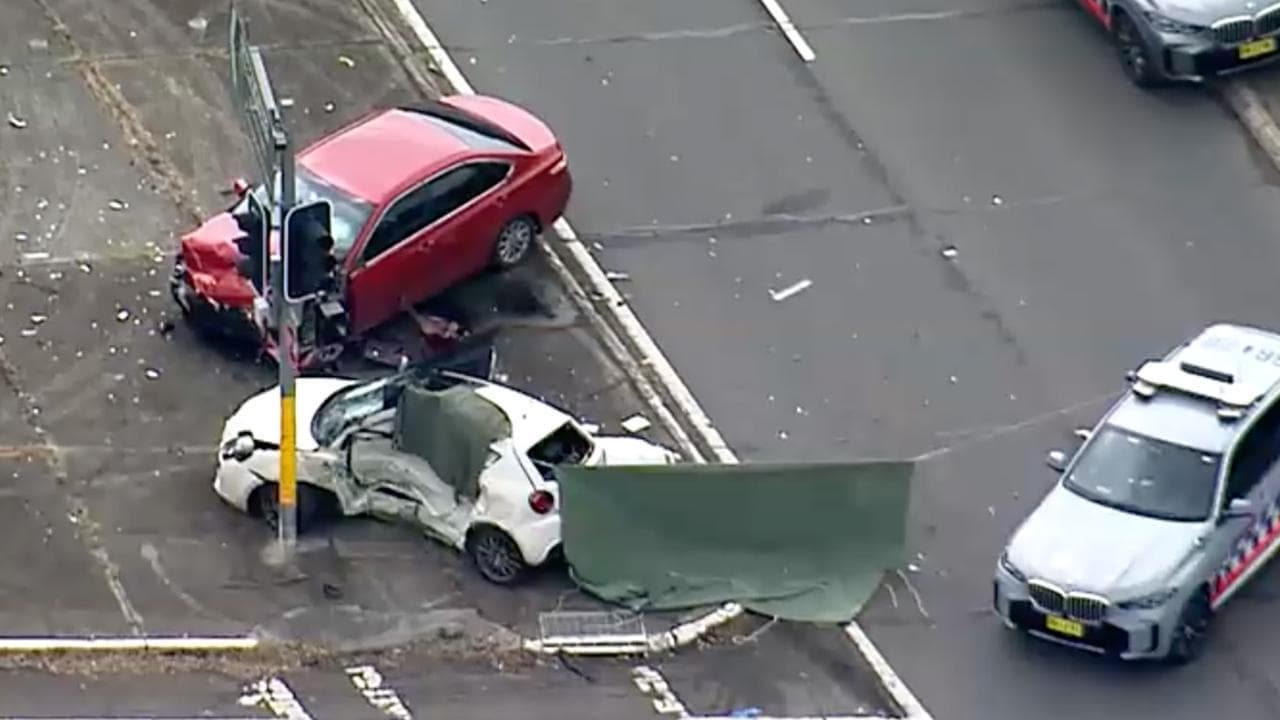WHAT WAS CLAIMED
Facebook users are giving away free unneeded electronics.
OUR VERDICT
False. The posts are part of a scam that aims to defraud people through payments for shipping fees.
AAP FACTCHECK - Social media scammers claim to be giving away free PlayStations and MacBooks they no longer need.
Some posts claim the items were bought for offspring who died before receiving them.
This is false. The supposed giveaway is a scam to trick victims into paying shipping fees for nonexistent items.
Dozens of Facebook accounts claim to be doing a good deed by passing on unused goods to someone who needs them.
Yet the posts in question use almost identical text and images despite purportedly coming from many different users—a strong indication that the supposed giveaway should not be taken at face value.

"My son died while coming back from college last month," says a typical fake giveaway post seen by AAP FactCheck.
"He was hit by a running car, my heart bleeds everyday [sic]. I bought a MacBook and PS5 for him, he never got to see it. I want to give out the MacBook and PS5 for free to someone who needs it," it says.
The post ends with the line "Seeing them everyday hurts my soul…" and is accompanied by photos of a laptop and gaming console controllers.
Other posts don't mention deceased children but instead say they are giving away their own unwanted items.
The scam posts normally request people send a private Facebook message (DM) if they want to receive the goods.
A reverse image search of the photos attached to the posts reveals that some have previously been used in other posts.
Most of the scam posts have comments disabled, a common tactic used to prevent people from warning others it's a scam.
The posts appear to be attempting to con people into paying shipping for something that doesn't exist.
Dan Halpin, from Sydney-based cyber fraud investigations firm Cybertrace, says the scammers aim to lower their target's guard and create a sense of urgency.
"Once the payment is made, the scammer typically disappears," he says.
"In addition to the immediate financial loss, the scam can also have broader implications, such as the potential for identity theft if additional personal information is provided."
Victims have reported that even after sending the requested shipping fees, scammers continue asking for more money to cover their purported postage costs.

Some of the fake posts use photos of a young boy in a blue T-shirt who supposedly died from "an unintentional injury".
The boy is real, but photos of him have apparently been stolen from the US children's cancer charity Strong Little Souls.
"We unfortunately have see [sic] this scam," Strong Little Souls said in a comment on its Facebook page in February 2024.
"We have gotten it taken down many times before. Such a shame someone would make such a post."
Scammers are making thousands of Facebook posts like this that encourage people to share them and/or click nefarious links.
That means you may be tricked into a scam or advertising a scam to your family and friends on Facebook without realising it.
That's why it's vital to know how to spot a potential scam post.
HOW TO SPOT A SCAM POST ON FACEBOOK – THE RED FLAGS
Treat posts appealing for help to find lost or found people or pets, or offering extremely cheap or free products and services, with caution if they include more than one of the following features:
- The person encourages everyone to share their post widely.
- They don't provide their contact details or they ask people to send them a DM or PM (direct message or private message).
- The post includes only very vague details about the location of the person/pet/giveaway.
- If the account of the person posting is less than a year old, has no profile picture, has very few friends, or isn't located in the same area as the subject of their post. This indicates their account is fake.
- If you can't comment on the post because the person has disabled comments. This is done to stop people from warning others that it's a scam.
The Verdict
The claim that social media users are giving away PlayStations and MacBooks they no longer need is false.
The posts are part of a scam intended to trick other users into paying shipping fees for nonexistent goods.
False – The claim is inaccurate.
AAP FactCheck is an accredited member of the International Fact-Checking Network. To keep up with our latest fact checks, follow us on Facebook, Twitter and Instagram.












